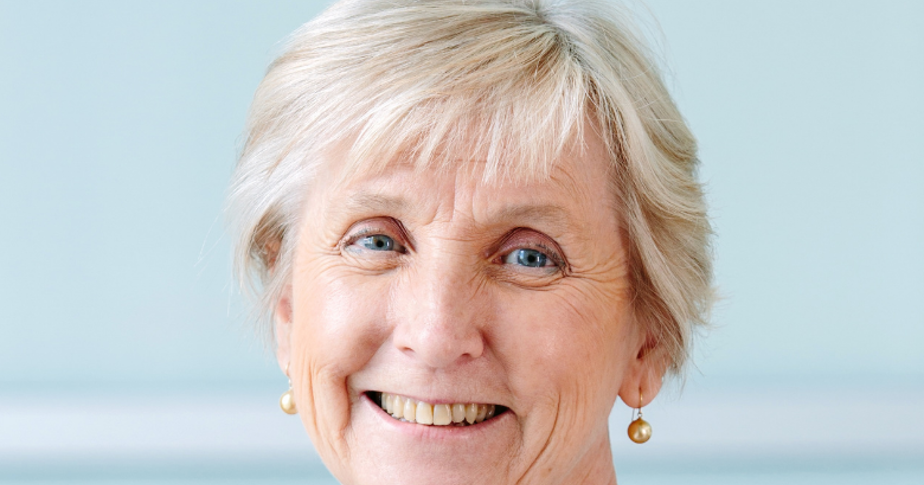
Medical resuscitation is vital for protecting life and the practices and standards are always improving and evolving, according to Neonatal Research Leader and Mother and Baby Program Clinical Lead Professor Helen Lilely.
Helen is helping lead the way in establishing the best global practices for the resuscitation of newborns in her new role as chair of the Newborn Life Support Task Force of the International Liaison Committee on Resuscitation (ILCOR).
Helen said she was honoured to work with world experts to improve resuscitation practices and care.
“What people often don’t realise is that the day of your life on which you are most likely to need some form of resuscitation is the day you are born,” Professor Liley said.
“New technology and scientific discoveries mean resuscitation practices for newborns change considerably every decade, and it’s important the global medical community can keep pace.”
The International Liaison Committee on Resuscitation has been trying to save more lives globally since 1992 by bringing together principal resuscitation organisations worldwide to create evidence-based treatment recommendations. These are used to develop national and regional guidelines and training programs. Helen is also the convenor of the Neonatal Subcommittee of the Australian Resuscitation Council.
Helen has been on the ILCOR Newborn Life Taskforce since its inception in 2009 and took over the chair position this year.
“Resuscitation is a high-pressure event that needs skilled teams and it’s important that there are evidence-based guidelines to help everyone in a resuscitation role to sing from the same song sheet,” she said.
“Our focus over the next few years will be to continue to review the science of resuscitation, both to inform guidelines, but also to identify the gaps in knowledge and priorities for future research.”
Helen’s Critical Care of At-Risk Newborns Research Group studied data on every birth over a decade in Queensland and found nearly a third of the more than 600,000 babies born in that time received some form of resuscitation to help them to adapt normally after birth.
About one in 10 needed breathing support, and about three in 1000 received chest compressions.
The study showed that the ILCOR treatment recommendations were making a difference, both to how resuscitation was practiced and rates of survival.


